Mothers of suicided soldiers respond to Royal Commission into Defence and Veteran Suicide recommendations
A Queensland mother is demanding urgent reforms after her 21-year-old son took his life following bullying by officers, as a damning report is released on the Australian Army.
National
Don't miss out on the headlines from National. Followed categories will be added to My News.
The mothers of two soldiers who took their lives say improving the transition back to civilian life is the most critical recommendation of the landmark Royal Commission into Defence and Veteran Suicide.
Nikki Jamieson and Colleen Pillen, whose sons suicided in 2014 and 2017 respectively, also want a National Commissioner appointed to oversee the rollout of reforms, outlined in the seven-volume report handed to government on Monday.
“The transition from ADF back to civilian life is something that needs to be implemented as soon as possible,” Ms Pillen said.
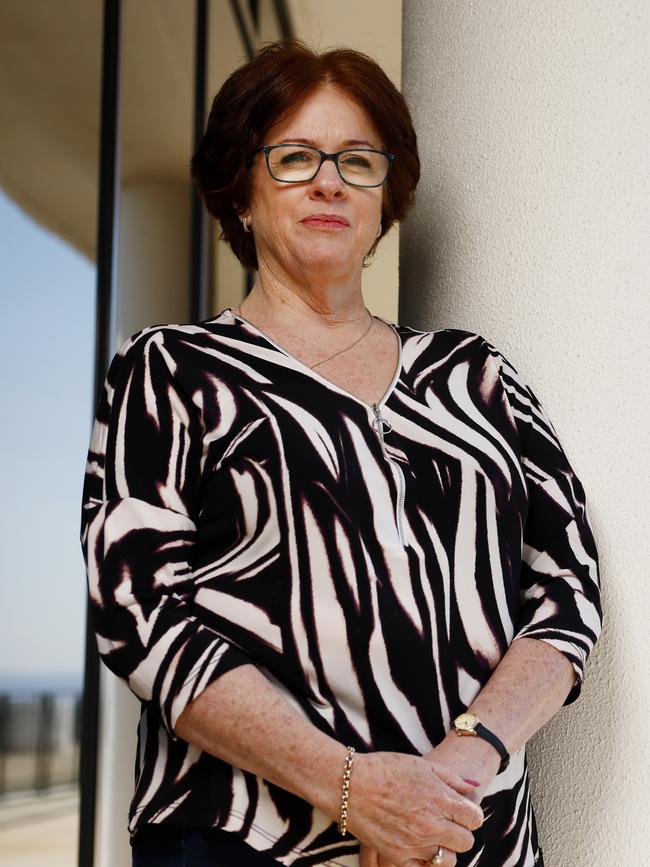
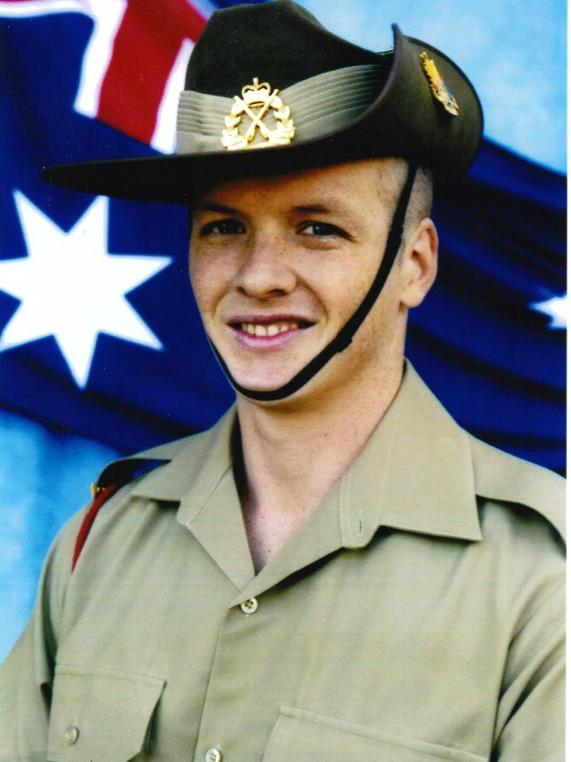
“When mental health issues, often caused by issues within the ADF, are the reason for discharge, they shouldn’t be medically discharged immediately like my son was.
“Ongoing support, even after discharge is also important to ensure the wellbeing of all members. The veteran should be retrained for other suitable roles.
“They are not beyond “fixing”.
In 2022, a survey of permanent serving members found 32 per cent of males and 52 per cent of females reported having experienced unacceptable behaviour in the previous 12 months.
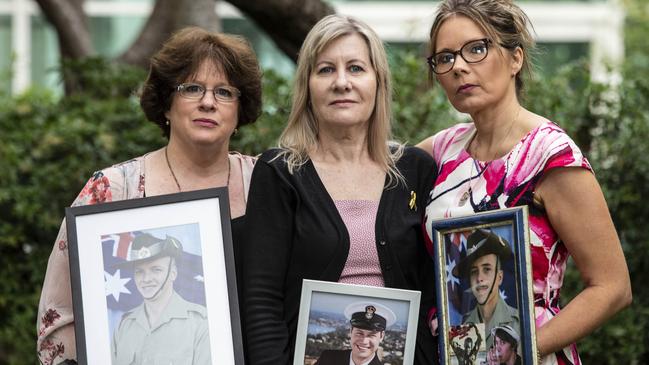
Ms Pillen said improving the way members are treated when they report these issues could significantly lower the risk of suicide among veterans.
“When a member is targeted, they need to feel they have somewhere to turn to for support and justice and where there won’t be consequences with reporting these incidents,” she said.
“This will help save lives, quite literally.
“And most importantly, a National Commissioner needs to be established. It’s the only way these recommendations will be met.”
Ms Jamieson said bipartisan support was “imperative” to ensure the recommendations were “fully resourced and implemented”.
A decade ago, she buried her 21-year-old army private son Daniel Garforth. He had been “singled out” and “ridiculed” by some senior officials and took his own life.
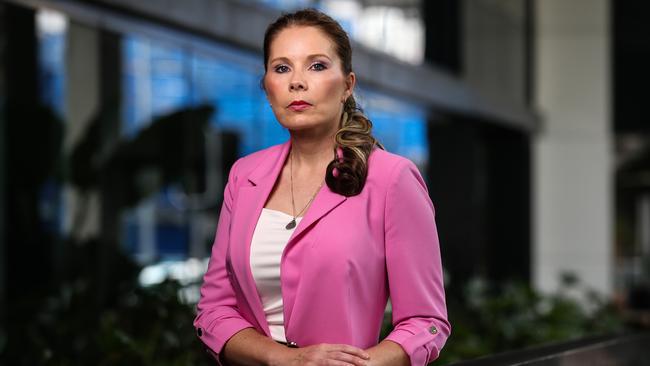
Similarly, Ms Pillen’s son, Michael Powers was severely bullied by older brass, giving him anxiety and depression. He suicided in 2017, just six months after his discharge.
“The underlying reason why we needed a royal commission in the first place may always leave a bitter taste for those that have lost their loved ones to suicide,” Dr Jamieson said.
“However, I am relieved that it’s over and we can finally start the process of moving forward with the recommendations and making positive changes for our Defence members, veterans, their families and those who support them.
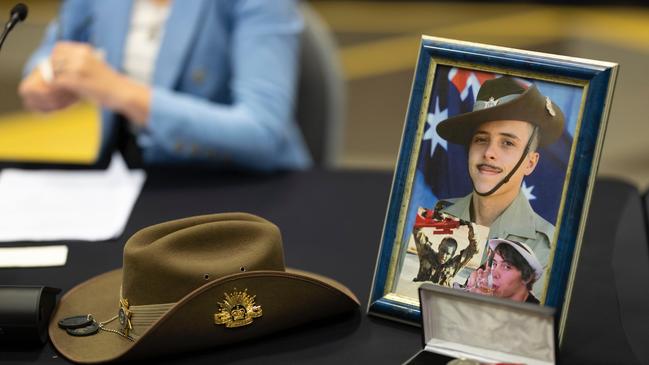
“We simply cannot allow for the recommendations to sit there and collect dust or for the same issues to be repeated over and over again.”
Dr Jamieson, who went on to complete a PhD in moral trauma, added: “An independent commission is a pivotal mechanism to help guide future directions for suicide prevention through functions such as monitoring, reporting and research, ensuring transparency and accountability.”
“This is the only way we can continuously improve our goal of reducing suicide.”
Both mothers praised the “thorough” recommendations by Commissioners Nick Kaldas, Dr Peggy Brown and James Douglas QC.
More Coverage
Originally published as Mothers of suicided soldiers respond to Royal Commission into Defence and Veteran Suicide recommendations





